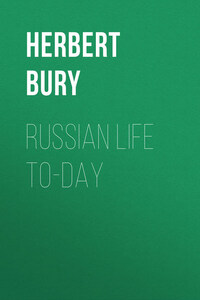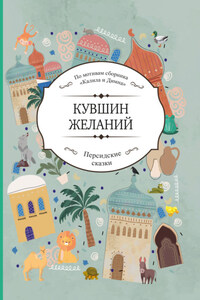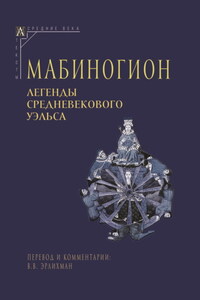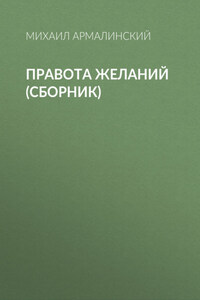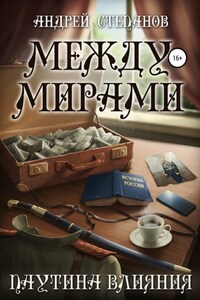My first inclination, when the entirely unexpected proposal of the Publishers came to me to write this book, was immediately to decline. There are so many well-known writers on Russia, whose books are an unfailing pleasure and source of information, that it seemed to me to be nothing less than presumption to add to their number. But when I was assured that there seems to be a great desire just now for a book which, as the Publishers expressed it, “should not attempt an elaborate sketch of the country, nor any detailed description of its system of government and administration, or any exhaustive study of the Russian Church, and yet should give the impressions of a sympathetic observer of some of the chief aspects of Russian Life which are likely to appeal to an English Churchman,” I felt that I might venture to attempt it.
It has been given to me to get to understand thoroughly from close and intimate knowledge the commercial development of Siberia by our countrymen; and yet everywhere, both there and in Russia proper, I have to go to every place specially and primarily to give the ministrations of religion. It can be permitted to few, if any, to see those two sides of the life of a great and growing Empire at the same time. This has been my reason, therefore, for undertaking this small effort, and my object is to give, as the Publishers expressed it, “personal impressions.” I hope my readers will accept this book, therefore, as an impressionist description of Russian life of to-day, of which it would have been quite impossible to keep personal experiences from forming an important part. And though I write as an English Churchman, yet I wish to speak, and I trust in no narrow spirit, to the whole religious public, that I may draw them more closely into intelligent sympathy with this great nation which has seemed to come so suddenly, unexpectedly, and intimately into our own national life and destiny – and I believe as a friend.
CHAPTER I
Russia’s Great Spaces
I will begin my opening chapter by explaining how I come to have the joy and privilege of travelling far and wide, as I have done, in the great Russian Empire. I go there as Assistant Bishop to the Bishop of London, holding a commission from him as bishop in charge of Anglican work in North and Central Europe.
It may seem strange that Anglican work in that distant land should be directly connected with the Diocese of London, but the connection between them, and between all the countries of Northern and Central Europe, as far as our Church of England work is concerned, is of long standing. It dates from the reign of Charles I, and from an Order in Council which was passed in 1633, and placed the congregations of the Church of England in all foreign countries at that time under the jurisdiction of the Bishop of London “as their Diocesan.” It may be remembered that when the present Bishop of London went to Washington some years ago he took with him some interesting documents which he had found in the library at Fulham Palace, and which were connected with the time when Church work in the United States looked to London for superintendence and episcopal leadership. These he handed over to the custody of the Episcopal Church of America, knowing how interested that Church would be to possess them, and to keep them amongst other historical records.
The same rapid progress as that which has attended the American Church has been made in the Colonies and other parts of the world. New dioceses and provinces have been formed one after another, and in 1842 the Diocese of Gibraltar was formed, taking in the congregations of the English Church in Spain, Portugal, Italy, and Roumania, and all places bordering upon the Mediterranean and the Black Sea. But the other countries of Europe, to the north and in the centre, remain still, as far as Church work goes, where that old Order in Council placed them, in the jurisdiction of the Bishop of London.
It is impossible, of course, that he should attempt to meet this responsibility himself and bear the burden of such a diocese as that of London, and so the rule has been, since 1825, to issue a commission to another bishop, who, while being an assistant, yet has to feel himself fully responsible, and in this way spare the Bishop of London as much as he possibly can.
It will therefore be understood, as I have said in my few words of introduction, that, filling such a position and having such work to superintend, and also, for many reasons to be more fully explained in succeeding pages, finding the Orthodox Church of Russia very friendly towards our own, I shall write throughout with those whom I have termed the “religious public” very clearly in my mind and sympathies. At the same time I am hoping to interest the general reader also, and therefore shall try my utmost to give a comprehensive view of Russian life as it will be found to-day by travellers on the one hand if they give themselves time and opportunity enough, and by those, on the other, who have to go and live and work in Russia.
